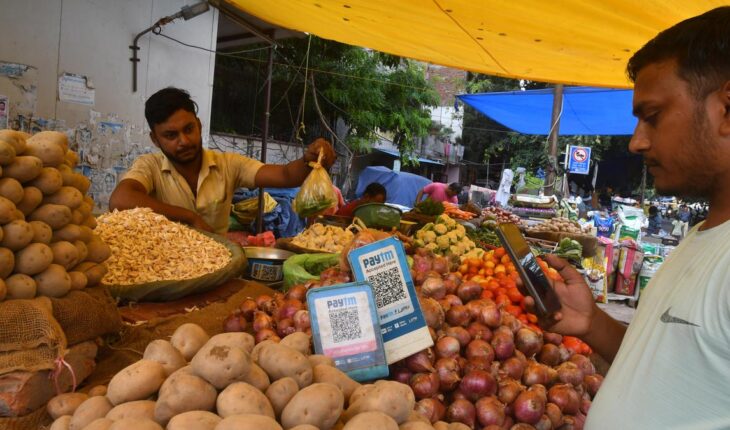September brought a sigh of relief for consumers as inflation rates eased to 5%, a significant drop from July’s alarming 15-month high of 7.44%. This dip not only brings us back within the Reserve Bank of India’s (RBI) 2% to 6% tolerance range but also aligns with the bank’s revised estimate of an average 6.4% inflation for the July-September quarter. However, with the RBI’s ideal target being 4%, there’s still a long way to go. The RBI’s projections for the upcoming quarters suggest that the inflation rate will hover around 5.6% and 5.2% for the October-December 2023 and January-June 2024 periods, respectively. However, these figures might be optimistic. Both the International Monetary Fund and the World Bank have recently adjusted their inflation estimates for 2023-24 to 5.5% and 5.9%, respectively. This suggests that the recent dip in inflation, influenced by factors like a decrease in vegetable prices and LPG price cuts by the Centre, might be short-lived. While food inflation has shown a decline, dropping to 6.6% in September, this figure is skewed. The decline in vegetable prices masks the rising inflation rates for pulses, fruits, eggs, and sugar. Moreover, cereals and spices continue to see high inflation rates of 11% and 23.1%, respectively. The rural populace, in particular, is feeling the pinch more than their urban counterparts. While wholesale prices have remained in deflationary territory for the past six months, this trend might soon reverse. With global oil and gas prices on the rise and urea prices up by 20% since March, these increases will inevitably trickle down to retail prices. To sum it up, while the recent dip in inflation offers a momentary respite, it’s crucial to remain cautious. External factors and global price trends suggest that the battle against high inflation is far from over.
Inflation eases, but is relief temporary?
Published Date: 21-10-2023 | 3:59 pm





